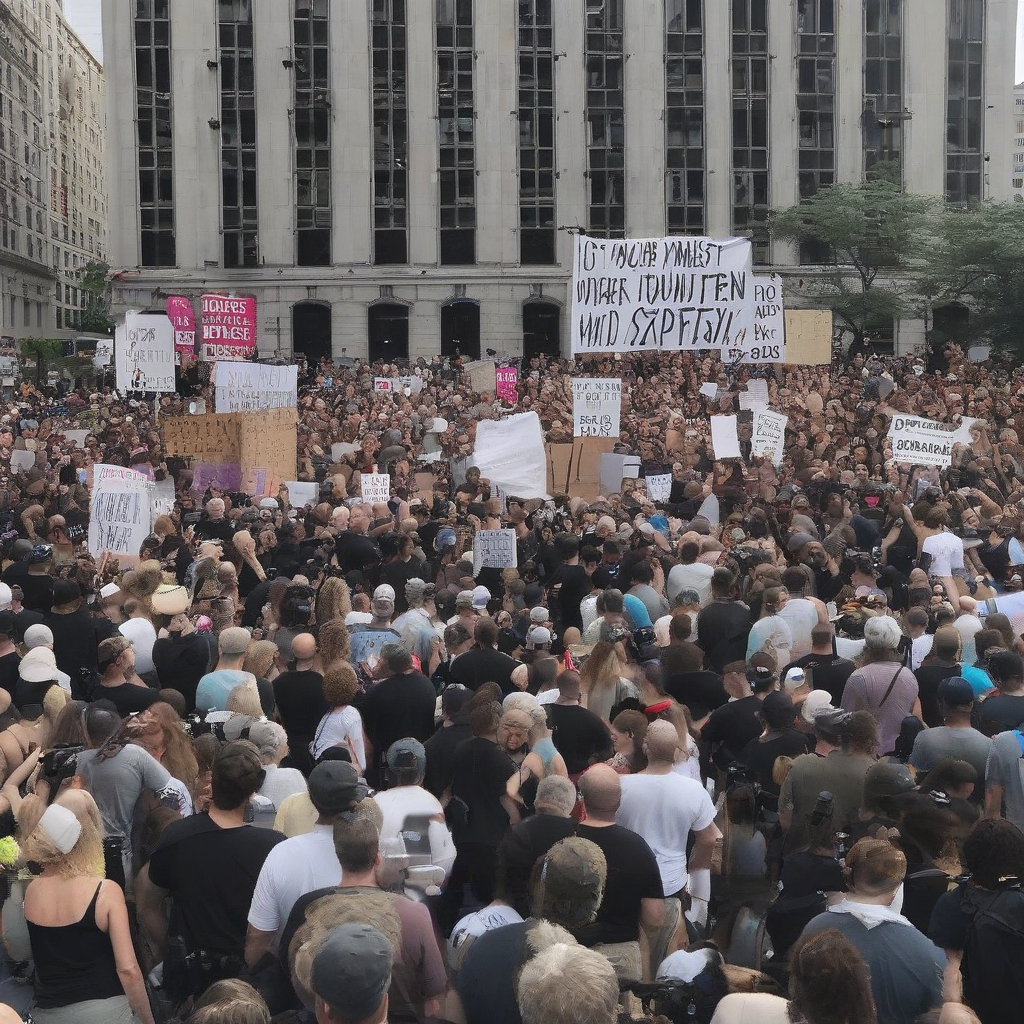The Epstein List: Unpacking the Enigma of Names and the Shadowy Networks They Imply
The infamous "Epstein list"—a supposed roster of powerful individuals allegedly connected to Jeffrey Epstein's sex trafficking operation—has become a symbol of suspicion, conspiracy theories, and the enduring quest for accountability. While no definitive, publicly verifiable "list" has emerged, the very idea of such a list fuels speculation about the extent of Epstein's network and the potential complicity of those within it. This blog post delves into the complexities surrounding this elusive list, examining the various claims, the challenges of verifying information, and the broader implications for understanding power, abuse, and the pursuit of justice.

The Myth and the Reality:
The notion of an Epstein list is fueled by several factors. First, Epstein's extensive network of high-profile associates, documented through flight logs, photos, and witness accounts, is undeniable. He cultivated relationships with politicians, academics, businessmen, and celebrities, often leveraging his wealth and influence to gain access to powerful circles. Second, the allegations of sexual abuse against Epstein involved numerous victims, suggesting a system potentially reliant on the participation or knowledge of others beyond the direct perpetrators. Third, the incomplete nature of investigations and the perceived lack of transparency have fostered distrust and speculation, leading many to believe that a comprehensive list detailing the full extent of Epstein's network exists, but remains hidden.
However, the reality is far more nuanced. While various lists—some compiled by investigators, some sourced from leaked documents or witness testimonies—circulate online, none can be definitively proven to represent the complete picture of Epstein's network. Many names associated with Epstein are based on circumstantial evidence or unverified claims, making it difficult to establish concrete links to criminal activity. Furthermore, even in cases where connections are established, proving complicity in Epstein’s crimes requires substantial evidence, including direct participation or knowledge of the illegal acts.

The Challenges of Verification:
The difficulty in verifying information related to the Epstein list stems from several interconnected factors. Firstly, Epstein's operations were deliberately secretive, designed to protect his illicit activities from scrutiny. Evidence of his connections was often fragmented, scattered across various jurisdictions, and difficult to access due to legal limitations. Secondly, many of those named in connection to Epstein have vigorously denied any wrongdoing, further complicating the process of establishing their involvement. Thirdly, power imbalances often prevent victims from coming forward, especially against powerful individuals, leading to underreporting and a lack of complete information. Finally, the legal system itself can create hurdles, with lengthy investigations, sealing of documents, and the complexity of international jurisdictions all contributing to the difficulties in uncovering the full truth.
The Importance of Context:
While a comprehensive, verified "Epstein list" remains elusive, understanding the context of the allegations is crucial. Epstein's extensive network, his access to influential individuals, and the consistent pattern of alleged abuse all point to a system that facilitated his crimes. Even if specific names cannot be definitively linked to criminal acts, the existence of such a network underscores broader societal issues. These include the normalization of power imbalances, the silencing of victims, and the vulnerability of individuals within certain social circles.

Beyond the List: The Systemic Issues:
The obsession with a concrete "Epstein list" often overshadows the more fundamental issues raised by the case. The Epstein scandal highlighted the systemic problems within power structures that allow for the exploitation and abuse of vulnerable individuals. It exposed the potential for individuals to leverage their wealth and influence to escape accountability. Furthermore, the case highlighted the need for improved mechanisms to protect victims, support their testimony, and investigate allegations of abuse, regardless of the individuals involved.
The failure to bring all those potentially complicit to justice has fueled widespread frustration and distrust in institutions. This distrust is amplified by the perception that the powerful are shielded from accountability while the victims are left to struggle with the traumatic aftermath. Addressing these systemic issues requires a multi-pronged approach, involving legal reforms, increased transparency, improved victim support, and a greater willingness to confront the uncomfortable realities of power and abuse.

The Ongoing Search for Justice:
The search for accountability in the Epstein case continues. While some individuals have been prosecuted, the full extent of his network and the level of complicity remain subjects of ongoing investigation and debate. The case serves as a stark reminder of the challenges in pursuing justice in cases involving powerful individuals and the importance of persistent efforts to uncover the truth, protect victims, and hold perpetrators accountable. The lack of a definitive "list" should not overshadow the crucial work of bringing to light the systemic issues that allowed Epstein's crimes to occur.
It's imperative to acknowledge that the fight for justice isn't just about identifying names on a hypothetical list; it's about dismantling the systems that enable such abuse and ensuring that victims receive the support and recognition they deserve. The pursuit of justice in cases like this requires persistent scrutiny, unwavering commitment to uncovering the truth, and a willingness to address the deeper societal issues that allow such crimes to flourish. This ongoing struggle, rather than the existence or absence of a specific list, remains the most crucial aspect of understanding and addressing the enduring legacy of Jeffrey Epstein.